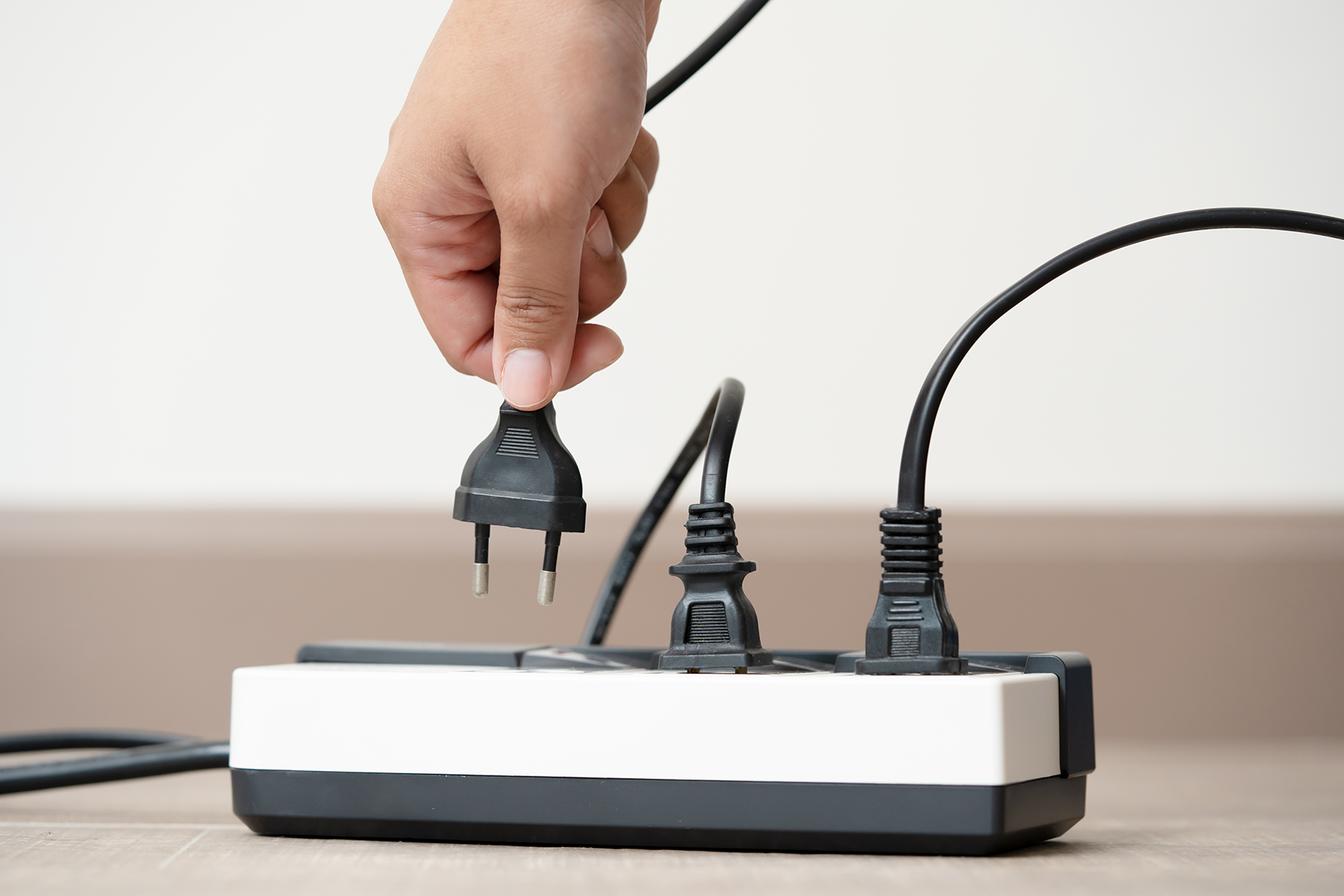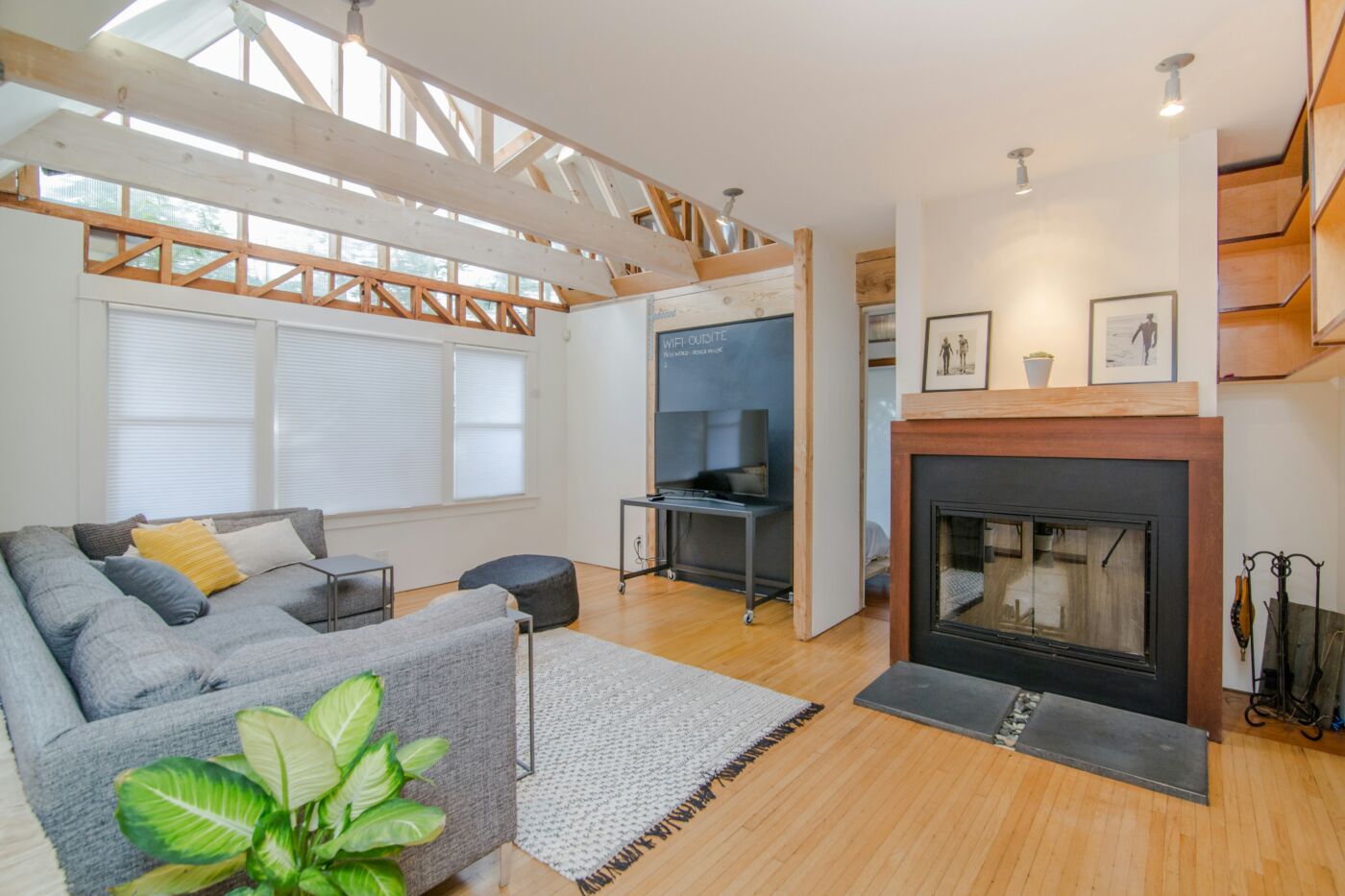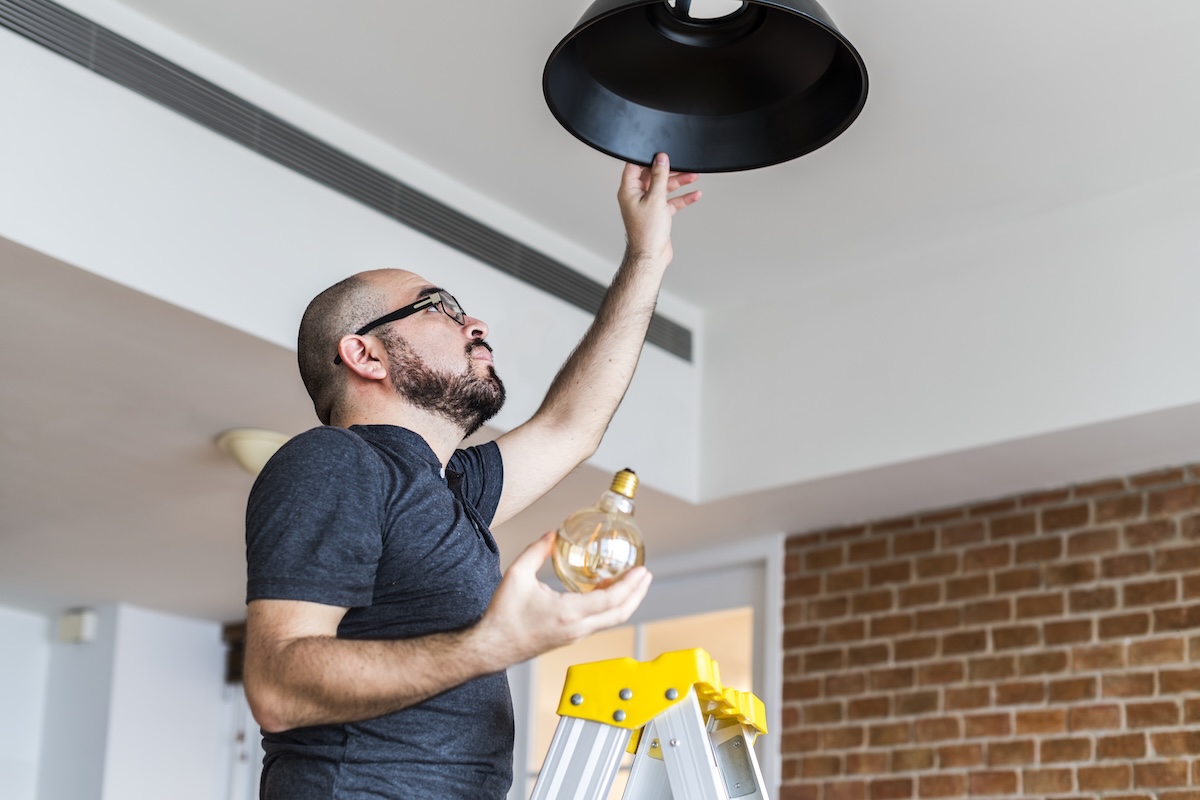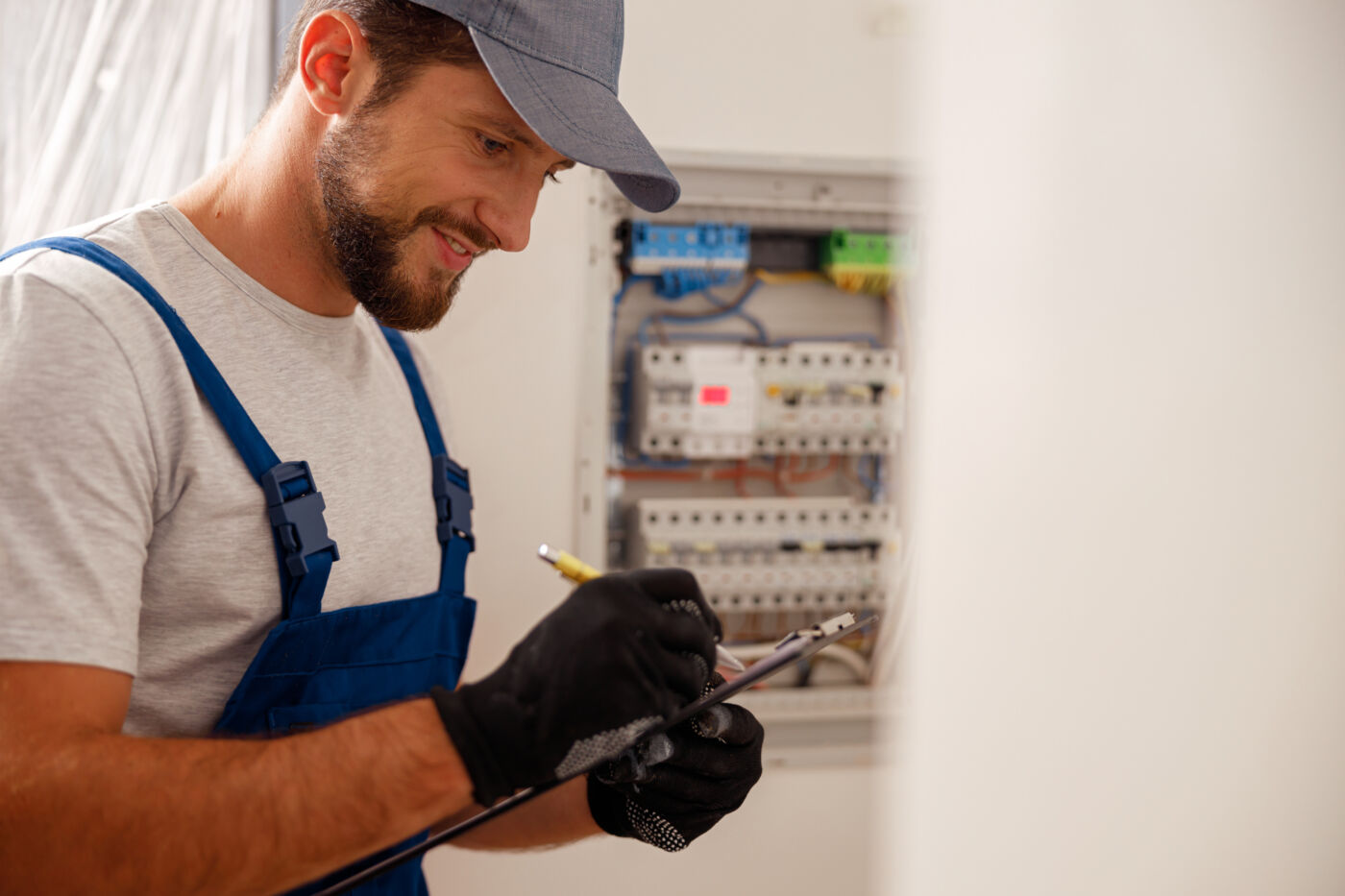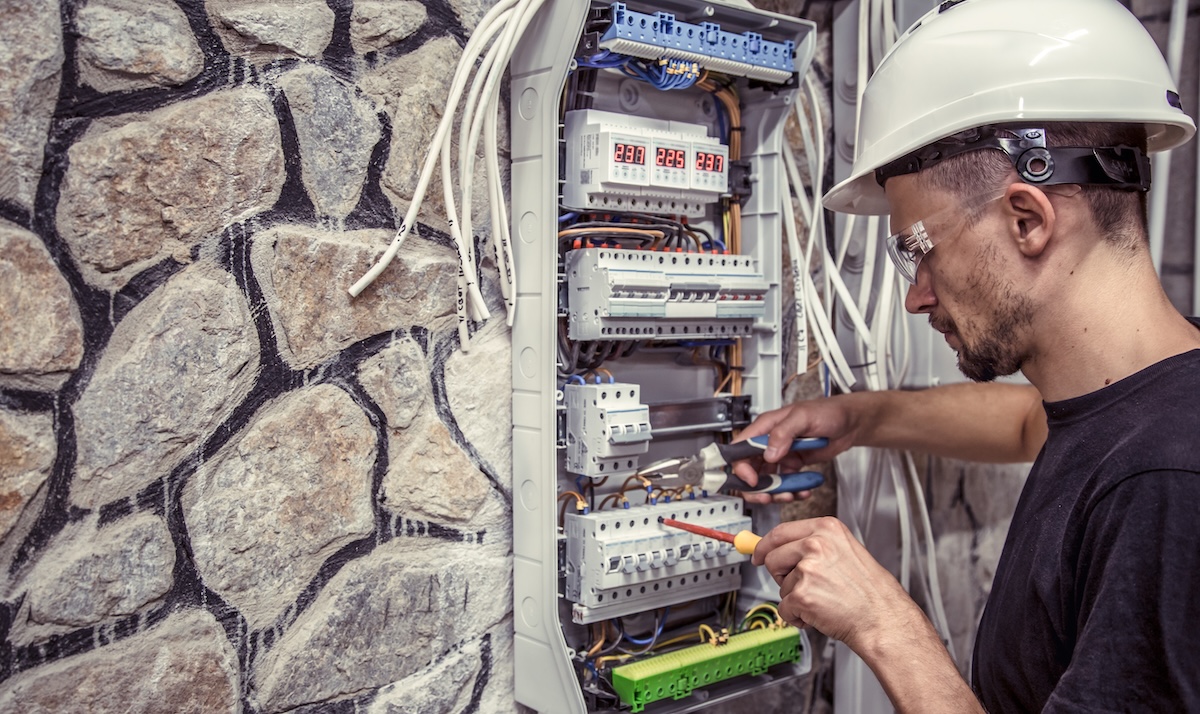As people seek different ways to reduce their carbon footprint, many overlook a simple solution: it starts with an energy-efficient electrical home.
With inflation costs rising every year, transitioning into an eco-friendly household is a wise choice. It not only cuts down monthly utility bills but also acts as a first step toward creating a greener planet.
To make your home more electrically efficient, consider investing in any of the following: LED lights, automated thermostats, power strips, and smart devices. Use this article to learn how you can maximize your household’s energy use today.
Benefits of a Smart Home
The most energy-efficient option at home utilizes the latest technologies to optimize energy consumption.
Smart home technologies save electricity in the long run, offering ways to maximize your household’s energy use. With a handy mobile app, you can customize the settings and schedules for most of your devices, lighting, thermostats, and appliances.
There are commercially available options in your local stores. You can also ask your electrician about installing them for you.
Tips to Maximize Energy-Efficiency at Home
From LED lighting to thermostat automation and unplugging of unused devices, let’s discuss how these tips can ease your transition into building an energy-efficient electrical home today.
Make the Switch to LED Lighting
Swapping out your classic incandescent light bulbs for LED-powered ones is a simple but cost-effective choice for building an eco-friendly home. Short for light-emitting diodes, LEDs are the leading game changers in the lighting industry as they consume less energy and last much longer.
According to the U.S. Department of Energy, LED bulbs use about 75% less energy and can last for up to 25 times longer than traditional bulbs. An average household that uses LED lighting to power their home can save approximately $225 in annual energy costs.
To make it easier to visualize these two types of lighting, take a look at this table which lists their key differences:
| Category | LED Light Bulbs | Traditional Light Bulbs |
| Cost | Approximately $5 to $7 for every bulb | Approximately $2 to $3 for every bulb |
| Light Emission | At least 75 lumens/watt | Only 12 to 18 lumens/watt |
| Lifespan | 12W – about 25,000 hours | 60W – about 1,000 hours |
| Heat Production | Nearly 100% – useable visible light | 98% – wasted heat & 2% – useable visible light |
Besides your usual light bulbs in the bedroom and living area, you can use LED lighting for your outdoor porch, under-cabinet lighting, and Christmas lights.
If you are located in Greater Los Angeles, Lineside Electrical is an expert lighting installation contractor that can help you make the seamless switch to LED lighting. Whether you are considering upgrading your indoor or outdoor area, their professional lighting and outlet installation services can meet your unique needs.
Invest in Digital Thermostat Automation
Maximize the comfort of your home spaces by investing in digital thermostat automation. If you don’t feel ready to commit to a smart home system, you can try this electrical upgrade instead.
You can program specific temperature settings for your heating, ventilation, and air conditioning systems (HVAC) at different periods of the day. Even when you’re not at home, the power to change settings is right on your phone.
Customizing your HVAC schedules significantly lowers your energy consumption each month.
Unplug Unused Electrical Devices
Unplug electrical devices when not in use. With all the gadgets and appliances you use daily, it can be overwhelming to keep track of which ones should remain plugged in or out.
This small change can help ease your monthly electric bill. When combined, all your unused devices amount to wasted electricity. Here are the top benefits of unplugging your devices:
- It reduces standby power
The Department of Energy reports that unused devices that remain plugged account for about 5-10% of energy use in residential homes. Per year, this collects about $100 in expenses.
- It extends your device’s lifespan
Constantly exposing your plugged devices to electricity increases wear and tear over time, especially when a power surge occurs. So if you want to extend their lifespan, it is best to unplug them when not in use.
- It lessens clutter
Too many cords lying around do not look pleasing to the eye. Storing unused devices offers a quick solution to tidy up your spaces.
- It lowers your carbon footprint
With all the greenhouse gasses a household emits daily, unplugging can go a long way to decrease global warming pollution.
- It minimizes the risk of fire hazards
Do not let your household be a victim of overheating or faulty wiring. When it comes to home security, you should take every step to lessen potential fire hazards, which includes being mindful of your electrical devices.
You can further safeguard your home and reduce clutter with power strips. These box-like devices contain multiple outlets to let you plug various devices simultaneously. The master switch controls all devices, so it’s easy to turn on and off as needed.
Final Thoughts
Now that you are aware of the different ways to nurture an energy-efficient electrical home, it is up to you to turn these plans into a reality. Whether you do it in one sweep or gradually, trust that every sustainable decision you make will leave a lasting impact on our environment.

